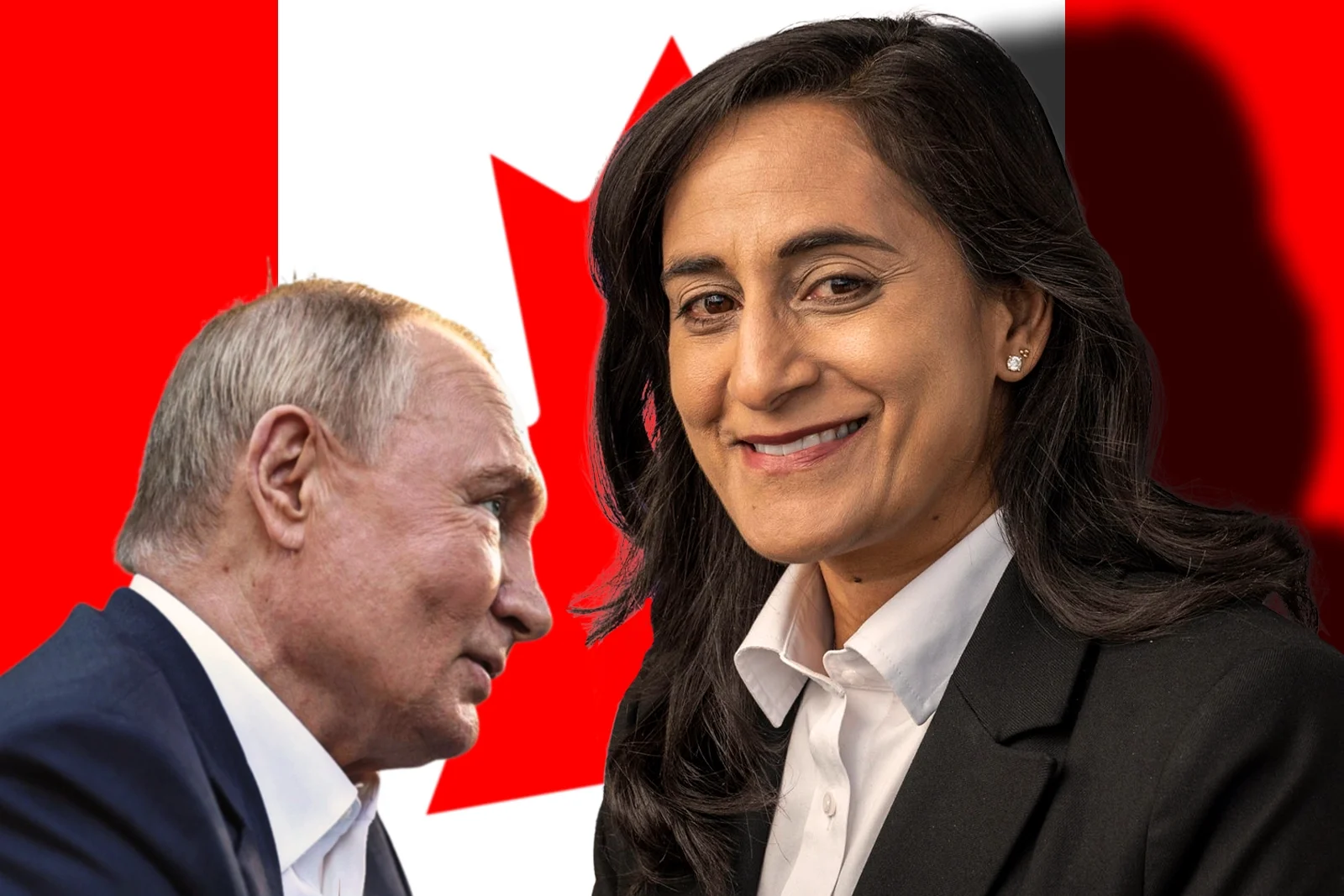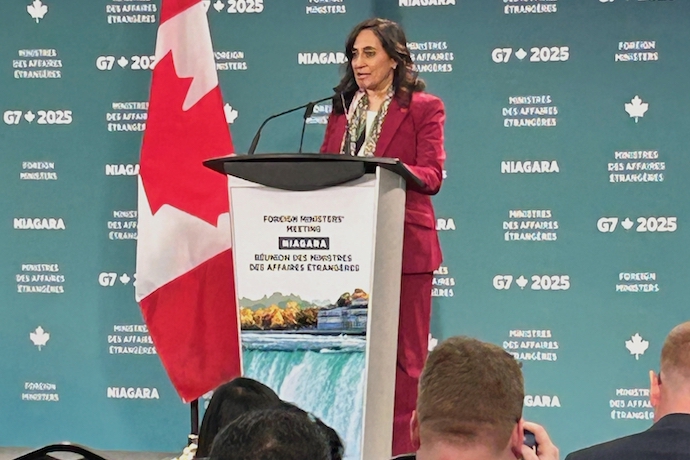
Ottawa Ratchets Up Pressure on Russia
Canada has announced a fresh round of sanctions against the Russian Federation, tightening pressure on Moscow’s war machine as the full-scale invasion of Ukraine grinds on. On November 12, Canada’s Foreign Minister Anita Anand unveiled new measures under the Special Economic Measures (Russia) Regulations, blacklisting 11 entities and 13 individuals tied to the Kremlin’s aggression, repression, and hybrid warfare.
Since 2014, Canada has now sanctioned roughly 3,300 individuals and entities over Russia’s assault on Ukraine’s territorial integrity and sovereignty. The targets range from officials complicit in grave human rights violations against Ukrainians to companies and intermediaries that help sustain the war effort—financially, logistically, and in the information space.
The most prominent additions in this round are Russia’s military intelligence units GRU Unit 74455 (GTsST, better known as “Sandworm”), GRU Unit 26165 (GTsSS, often referred to as “Fancy Bear”), and GRU Unit 29155. GTsST is widely regarded as one of the Kremlin’s most notorious cyber-attack arms, serving as a direct instrument of state power. GTsSS has been implicated in a series of high-profile intrusions and hacking campaigns with an espionage focus. GRU Unit 29155, for its part, has been linked to covert operations, sabotage, and assassination plots in Europe and beyond.
Key individuals listed include Dmitry Sergeyevich Badin and Igor Yuryevich Chaika. Badin, a GRU officer from Unit 26165, has become one of the better-known faces of Russian state-backed cyber operations. Chaika is seen as part of the broader political warfare toolkit that the Kremlin uses to shape narratives, cultivate proxies, and undermine adversaries.

Ottawa continues to characterize Russia’s invasion of Ukraine as “unprovoked and unjustified.” The stated objective of the new penalties is to “increase the economic costs” of the war for Moscow by striking at energy revenues, logistics, and financial enablers. More than symbolism, the aim is to weaken both conventional military capacity and the hybrid infrastructure—cyber, information, and irregular tools—that Moscow relies on.
This round of sanctions zeroes in on actors involved in deploying and developing drone technologies, as well as companies and networks that supply the cyber infrastructure underpinning Russia’s hybrid operations against Ukraine. Several liquefied natural gas (LNG) entities have been designated, reflecting how energy revenues continue to bankroll Russia’s campaign. In a significant move against the so-called “shadow fleet” used to obscure oil and fuel shipments, 100 Russian-linked vessels have been listed in this package.
“Canada remains unwavering in its commitment to Ukraine’s sovereignty and its people, who are forcefully defending their rights in the face of Putin’s corrosive and aggressive actions,” Anand said. “Canada will continue to intensify pressure through sanctions in coordination with allies and partners until Russia puts an end to its unjustified invasion of Ukraine.”
These measures are explicitly tied to broader G7 efforts to ramp up economic pressure on the Russian Federation. Similar sanctions have been rolled out by the United Kingdom, the United States, and the European Union, particularly against Russia’s shadow fleet. In total, Canada has now sanctioned more than 400 such vessels involved in moving goods and property for the benefit of Russian interests. G7 capitals have coordinated closely on these listings to close loopholes and make evasion harder.
As the war drags on with no political settlement in sight, Ottawa’s message is that sanctions will not only persist but intensify—tracking the evolution of Russia’s battlefield tactics, its financing channels, and its hybrid campaigns beyond the front lines.
